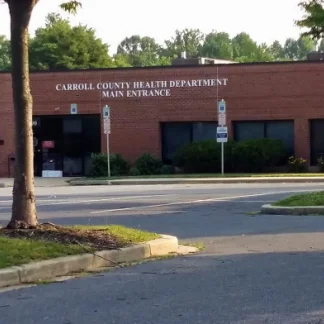Addiction Healing Center at the Westminster Rescue Mission
At Westminster Rescue Mission, they believe that everyone is capable of recovery...
Carroll County Health Department provides prevention and treatment for substance abuse and mental health disorders. Services also include linkage to other agencies. Carroll County Health Department Westminster, Maryland.
They also offer Peer Recovery Support Services (PRSS). The services offer support for people recovering from substance abuse and/or mental illness. They also helps clients connect with other community services to help them with recovery and accessing services.
They provide substance abuse treatment assessments.
Contact us for more information: (410) 876-4800

Connect with Carroll County Health Department by calling their admissions team directly.
(410) 876-4800 Website Get DirectionsGroup therapy is any therapeutic work that happens in a group (not one-on-one). There are a number of different group therapy modalities, including support groups, experiential therapy, psycho-education, and more. Group therapy involves treatment as well as processing interaction between group members.
In individual therapy, a patient meets one-on-one with a trained psychologist or counselor. Therapy is a pivotal part of effective substance abuse treatment, as it often covers root causes of addiction, including challenges faced by the patient in their social, family, and work/school life.
In individual therapy, a patient meets one-on-one with a trained psychologist or counselor. Therapy is a pivotal part of effective substance abuse treatment, as it often covers root causes of addiction, including challenges faced by the patient in their social, family, and work/school life.
At Westminster Rescue Mission, they believe that everyone is capable of recovery...
The Weber Addiction Group is a private rehab located in Westminster, Maryland. T...
Weber Sober Homes- Joey V House, located in Westminster, Maryland, offers a half...
Catoctin Counseling Center - 69 East Main St. offers outpatient treatment for in...